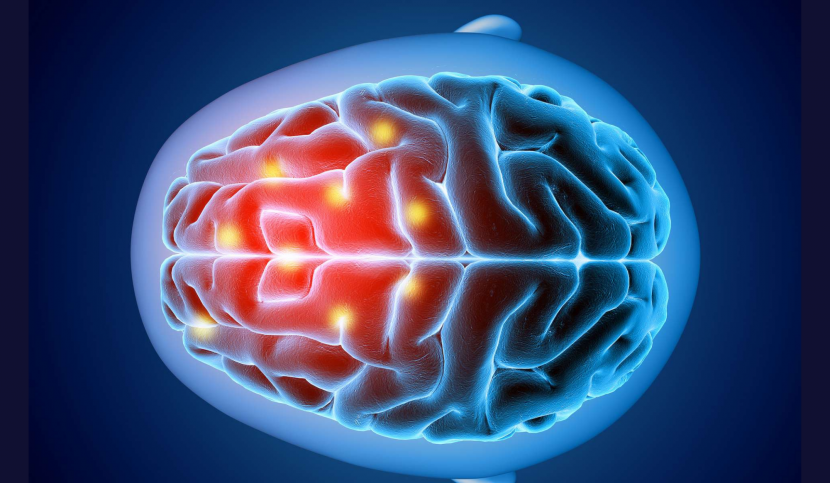Thanks to an approach combining behavioral assessment and brain imaging, a study conducted by the Paris Brain Institute’s FrontLAB has led to a better characterization of a major symptom of frontotemporal degeneration, disinhibition. These results, published in Neuroimage: Clinical, pave the way for a more adapted and personalized management of patients and support for their caregivers.
Disinhibition, a major symptom of frontotemporal degeneration
Disinhibition is a symptom of many neurodegenerative diseases, in particular those affecting the frontal regions of the brain such as fronto-temporal degeneration (FTD). FTD is the second most common cause of dementia after Alzheimer’s disease. They can take different forms, including a variant called “behavioral”, characterized by cognitive and behavioral disorders. Disinhibition is at the heart of these behavioral changes and disorders.
Two main types of disinhibition are commonly distinguished: cognitive disinhibition, which corresponds to an inability to block (inhibit) inappropriate responses or to stop responses already underway, and behavioral disinhibition, which is manifested by the inability to repress behaviors in an environment, in social contexts or to adapt to changes in one’s environment.
“Despite these two relatively well-established definitions, there is still no way to accurately assess behavioral disinhibition in people with FTD other than through caregiver-completed questionnaires. Moreover, the neuroanatomical correlates of this symptom are not clearly defined,” said Delphine Tanguy, first author of the study.
The combination of a semi-ecological approach and brain imaging
For nearly 10 years, the Paris Brain Institute has been developing the ECOCAPTURE program, led by Bénédicte Batrancourt (Inserm) and Richard Lévy (AP-HP-Sorbonne University), which aims to objectively and quantitatively evaluate neuropsychiatric symptoms such as apathy and disinhibition under conditions close to real life (semi-ecological approach).
In order to better define disinhibition in FTD patients, the FrontLAB team of the Paris Brain Institute used the ECOCAPTURE approach to assess two components of disinhibition with new behavioral metrics: compulsivity and social disinhibition. They combined structural imaging (MRI) and classical cognitive assessment questionnaires such as the Hayling test (measures cognitive inhibition abilities during spontaneous verbal responses) and social cognition tests.
A better characterization of disinhibition in FTD patients
The researchers confirm that in patients with the behavioral variant of FTD, disinhibition is manifested on both components: compulsivity and social disinhibition. Moreover, the behavioral data collected through the semi-ecological approach are consistent with the results of the cognitive tests. Compulsivity observed in patients correlates with Hayling test scores. Furthermore, both compulsivity and social disinhibition are associated with the results of the social cognition and emotion recognition tests. Finally, the imaging data allow us to distinguish two different patterns of atrophy in the frontotemporal networks depending on the subtype of disinhibition: social disinhibition or compulsivity.
“These results confirm the interest of the semi-ecological approach for the assessment of disinhibition. By characterizing more precisely the type of disinhibition affecting a patient, we can set up better management strategies for the patient and also support his or her caregiver, whose quality of life can be heavily impacted by this type of symptom,” concludes Lara Migliaccio (Inserm), last author of the study.
Source
An ecological approach to identify distinct neural correlates of disinhibition in frontotemporal dementia. Tanguy D, Batrancourt B, Estudillo-Romero A, Baxter JSH, Le Ber I, Bouzigues A, Godefroy V, Funkiewiez A, Chamayou C, Volle E, Saracino D, Rametti-Lacroux A, Morandi X, Jannin P, Levy R, Migliaccio R; ECOCAPTURE study group. Neuroimage Clin. 2022 Jun 7








